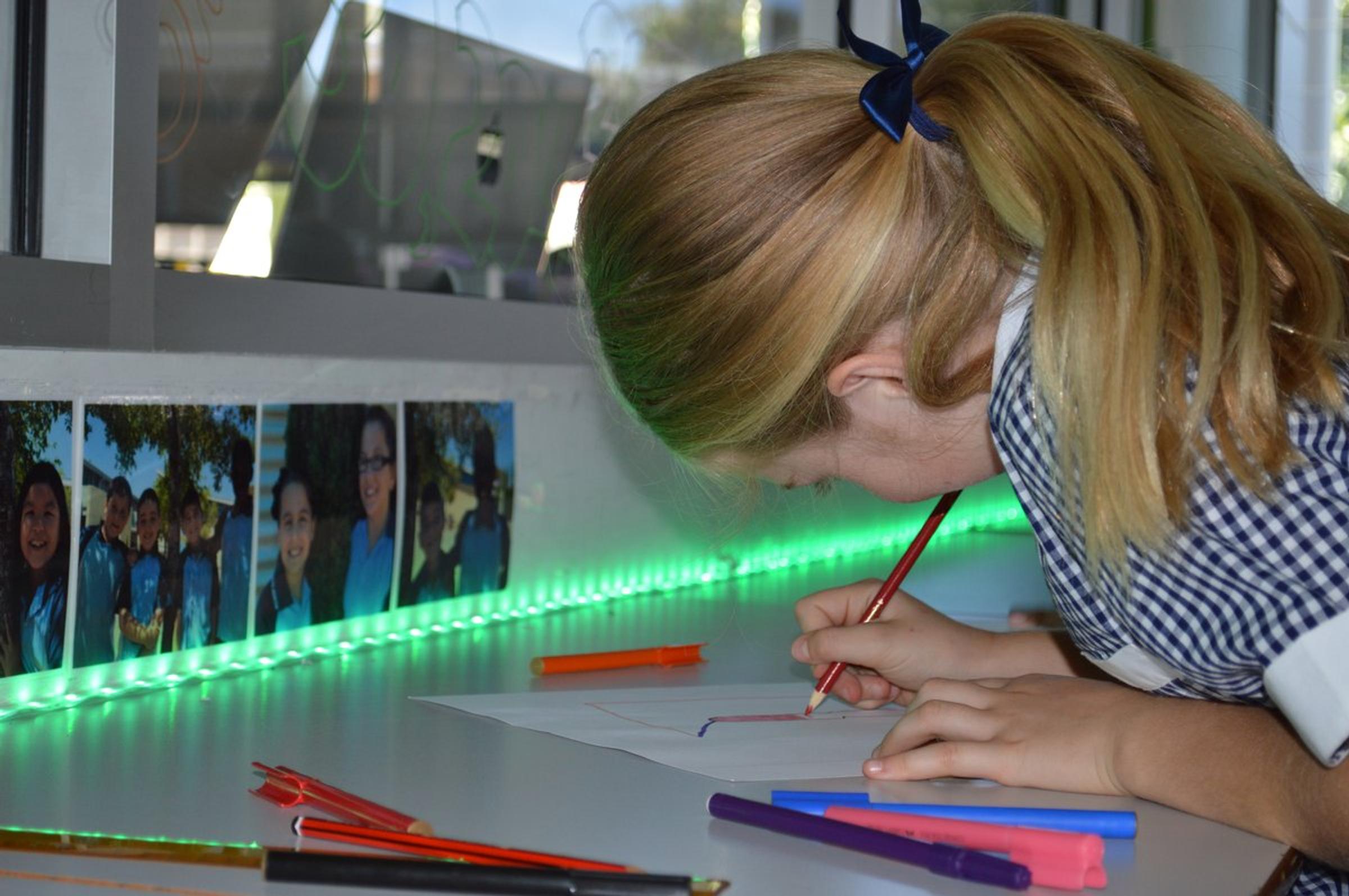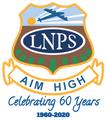Curriculum Matters

Mathematics
In maths this term, we will be investigating number patterns, place value and problem solving involving addition and subtraction. We will be investigating closed, open-ended and flipped questioning.
It is expected that students will practice multiplication facts at every opportunity as this has a huge impact on many other areas of maths.
Year 3 - expected to know 2, 3, 4, 5 and 10 facts off by heart (out of order - without skip counting through them). Doubling and halving are important because they allow children to develop a better understanding and see links between 2 and 4 & 5 and 10.
Year 4 - expected to know all facts by heart - 2, 3, 4, 5, 6, 7, 8, 9 and 10 up to the tenth multiple and apply these facts to support their multiplication and division calculations.
English
The writing program this term will include persuasive and narrative text types. The students will learn how to use persuasive and emotive language to construct persuasive texts. They will learn how to form an opinion and put forward a well constructed argument with evidence to support and develop their own point of view.
The children will focus on the conventions of writing (punctuation, paragraphing and sentence structure).
Following the CARS assessment (Comprehension and Reading Strategies), children will be grouped according to the skills they need to develop.
These skills include:
understanding the main idea, recalling facts and details, understanding sequence, recognising cause and effect, comparing and contrasting, making predictions, finding word meaning in context, drawing conclusions and making inferences, distinguishing between fact and opinion, identifying an author's purpose, interpreting figurative language and summarising.
In word study this year, the children will focus on the four spelling knowledges (morphemic, visual, phonological and etymological).
The children will be grouped and will develop an understanding of spelling rules and generalisations according to where they are on the spelling continuum. Groups will focus on syllabification, long and short vowel sounds, suffixes and prefixes, homonyms and plurals.
To develop the children's speaking and listening skills they will be involved in a variety of activities throughout the year.
Science - Michelle Harous
In science this term, we will be focusing on chemical sciences. We will be studying how adding or removing heat can cause a change of state between a solid and a liquid.
As part of this science unit, I would like students to think about when melting occurs in the home. For example, melting butter on toast or melting ice-cream on a sunny day. Having conversations with your child about what is causing the melting (heat) will support the conversations in the science classroom.
To gain deeper understanding, students will also be investigating which materials can change state and then be reversed, such as ice and water. We have a very exciting term ahead and I look forward to being apart of many discoveries this term in Science!
